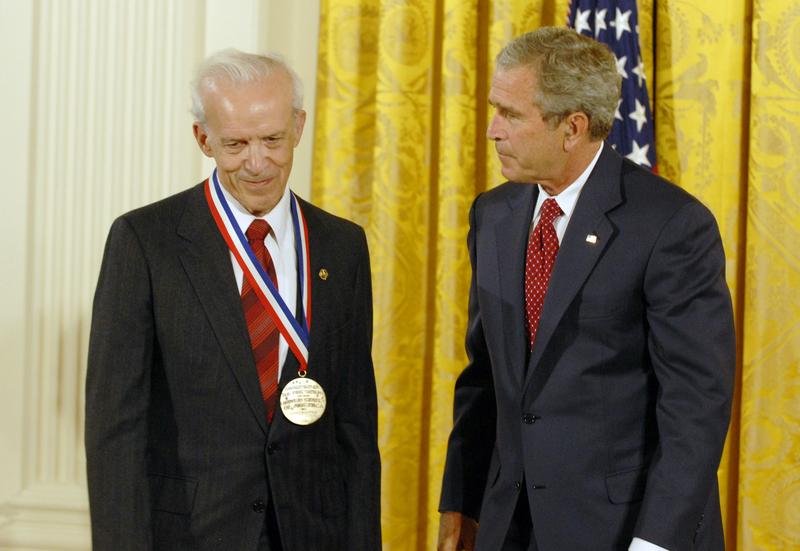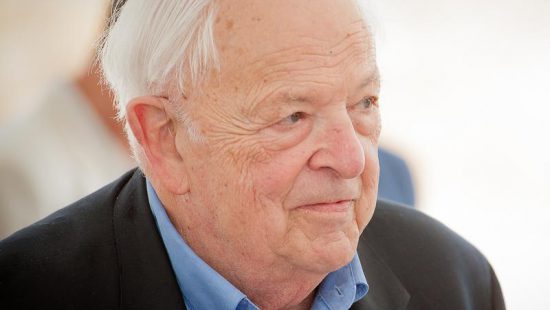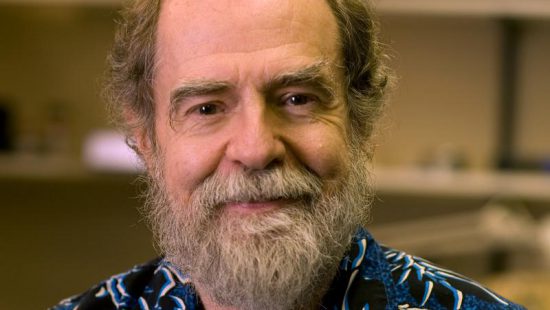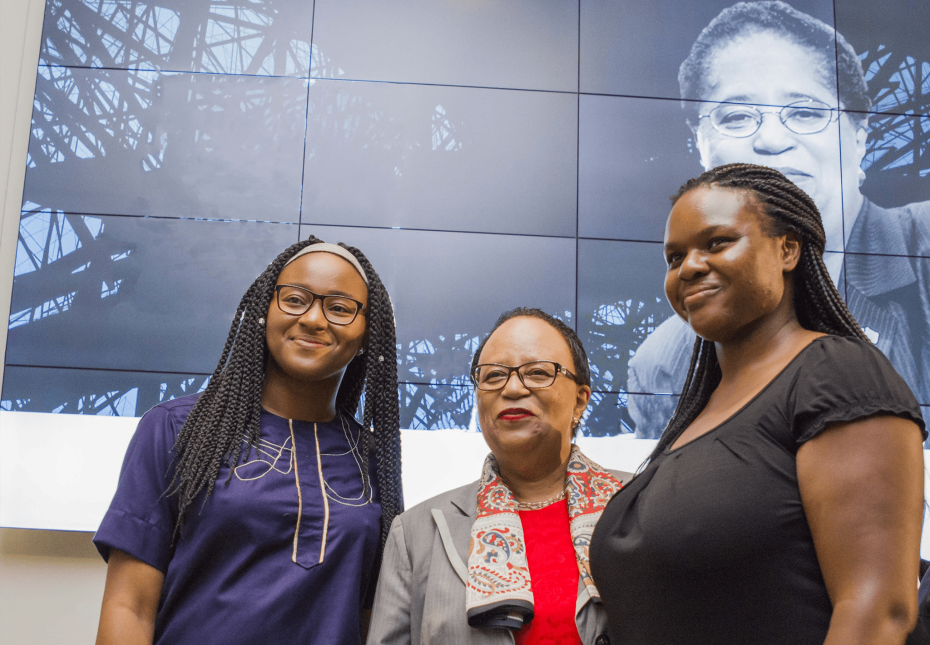Specializing in the smallest of particles, Daniel Kleppner pioneered a new field in physics that would stem from his the study of ultra-cold gases.
Student of Norman Ramsey at Harvard in the 1950s, Kleppner’s research is renowned for the invention of the hydrogen maser, which was the basis for early generations of atomic clocks. Later considered the “the godfather of extra-cold atoms,” his work contributed to the 1995 discovery of Bose-Einstein condensates (BECs) in alkali atoms.
Kleppner’s two decades of research led to discoveries in the microwave counterpart of the laser, construction of atomic clocks that lie at the heart of GPS navigation systems, and long-baseline interferometry in radio-astronomy. These advancements all developed from Kleppner’s trial-and-error attempts at investigating the process of cooling hydrogen atoms, utilizing their magnetic poles to cluster atoms into a cold trap, which were ultimately successful in 1998–after a 20-year long quest.
“As we started in our search for the Bose-Einstien condensation, our enthusiasm grew because hydrogen seemed like such a wonderful atom to use,” he told NOVA.
The dedicated teacher is the winner of the 2005 Wolf Prize in Physics, the 2007 Frederic Ives Medal, and the 2014 Benjamin Franklin Medal.
By Melissa Ayala







